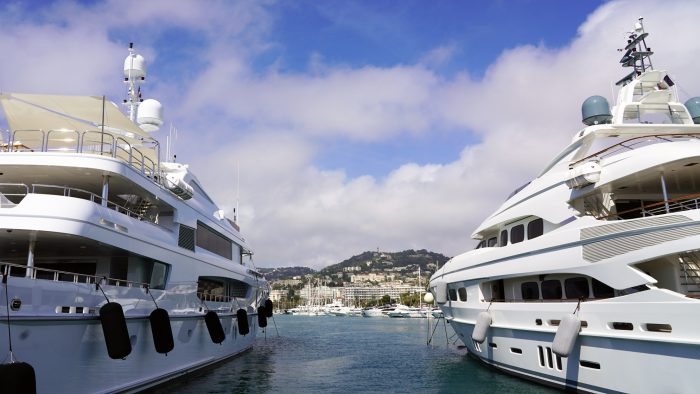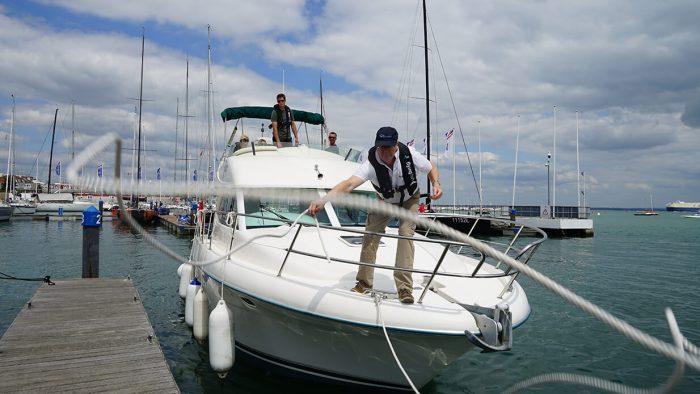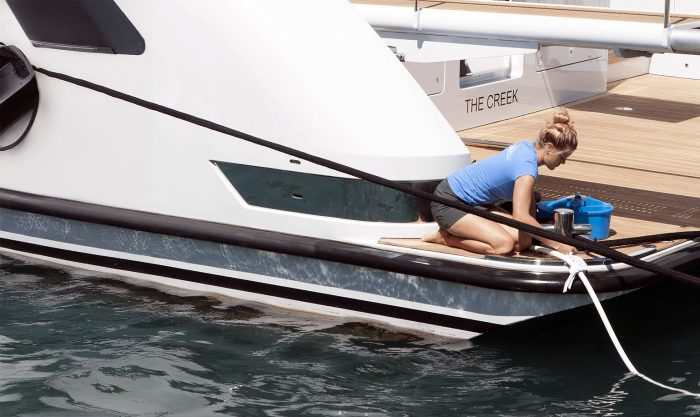Have you recently finished school and are unsure what step to take next? Or perhaps you are about to graduate and are looking for a varied and exciting career?
Or maybe you just feel like you’re in the wrong job and are after a change. Whatever your reason for considering working on a cruise ship, you’ve probably got a number of questions buzzing in your brain, from where to begin your job search to what type of positions are available and even if you need to pay tax when you work on the ocean.
Well, if you’ve got questions, we’ve got the answers – so read on to discover our answers to your ultimate financial questions about life on board a cruise ship.
Is working on a cruise ship right for me?
First things first, you might be wondering whether or not working on a cruise ship is right for you. Well, if you want to travel to amazing places, meet awesome people, and get paid for doing so, then working on a cruise ship could be perfect for you.
Working on a cruise ship is great fun, and it also provides the opportunity to pick up a whole host of transferable skills for your future. Plus, with so many different types of jobs available on board, whatever you’re interested in, you’re sure to find a role that works for you. But what about tax?
Your questions about tax whilst working on a cruise ship answered
So, do I have to pay tax?
“Do you pay tax when working at sea?” is one of the questions we are asked the most here at Flying Fish. And we’re happy to say that as a general rule of thumb, the answer is, no. When you work onboard a ship, you are actually exempt from paying UK income tax, as long as you meet the qualifying criteria and fill in your tax return correctly!
When you work as a seafarer, you are paid without any tax or national insurance being deducted. This is because cruise ships and other vessels employ their crew from all over the world, so it is up to each individual seafarer to declare their income to their country.
So, whilst you most likely won’t have to pay any tax due to a legislation known as the Seafarers’ Earning Deduction (more on that below!), HMRC will still expect you to declare your income by completing a seafarers’ self-assessment tax return.
What is a seafarers’ self-assessment tax return?
When you work on board a cruise ship – or any other vessel – you will be classed as a seafarer and will need to complete a seafarers’ tax return in order to declare your income to HMRC so they can calculate the amount of tax you owe (if any!).
Although the Seafarers’ Earning Deduction means your earnings will most likely be exempt from income tax, you must still complete your tax return if you’re going to avoid any nasty penalties. Discover how to complete your tax return in this helpful blog.
Am I eligible for SED if I work on a cruise ship?
If you work on board a cruise ship, are employed by the vessel, and are a resident of the UK, you may not need to pay tax on your earnings.
The three basic rules to qualify for SED are that you must have spent more than 183 days outside of the UK during a 365-day period, your qualifying period has at least one voyage that begins and ends at a foreign port, and that you are employed to work on a ship. You won’t qualify for the deduction if you are a Crown employee (for example, a Royal Navy sailor), not a UK resident, or if you are self-employed.
Find out everything you need to know about the Seafarers’ Earning Deduction and how to claim it in this ultimate guide to SED.
What do I need to apply for SED?
In order to complete your seafarers’ self-assessment tax return and apply for SED, you’ll need to submit the following records to HMRC:
- Photocopy from your discharge book
- If not shown in your discharge book, proof of a foreign port
- Boarding cards if you flew out to join your vessel earlier than the date shown in your discharge book, the same with returning back to the UK
- Details of any courses or holidays abroad, such as flight tickets, boarding cards, accommodation receipts, or visa/credit cards receipts
- P60/P45 from any PAYE employment during the tax year
- Wage slips or bank statements showing the gross amounts received
- Employment contract
How can Flying Fish help with my tax?
If you’re worried about completing your seafarers tax return or are confused with all the information out there, we can take the weight off your shoulders. The Flying Fish seafarers’ tax service is available for just £210, and we’ll complete and file your tax return for you – so you can enjoy your career at sea, completely stress free!
Get ready to sail away into the sunset with Flying Fish
We hope that answers all your questions on paying tax when you work on a cruise ship!
In addition to tax advice, here at Flying Fish we also offer a range of specialist courses to help you set sail into your dream job.
The SCTW Basic Safety Training Course is a requirement for all crew who want to work at sea on all commercial vessels, including cruise ships, ferries, and Superyachts – so be sure to sign up for our six-day training course and kick-start your cruise ship career here.






